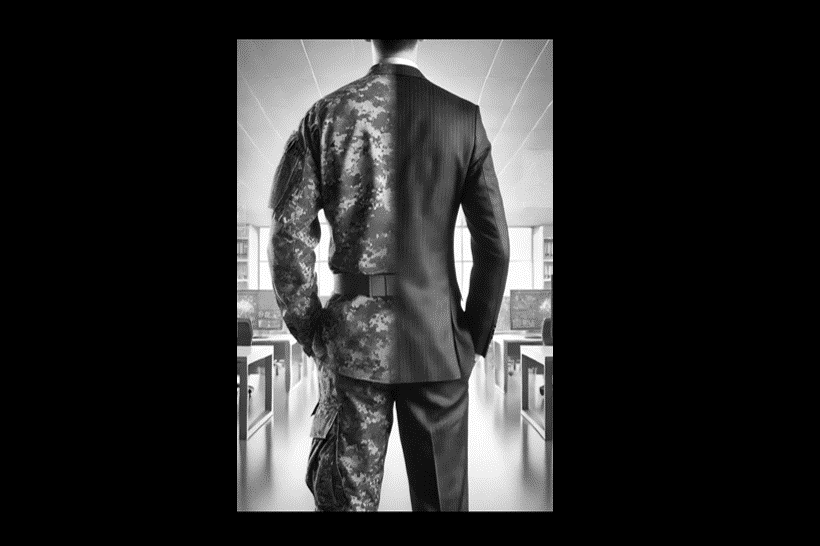Last week, I was at a dinner with a client. During the meal, I noticed someone on another table having a seizure. Suddenly, he shot back in his chair and smacked his head on the floor, which caused a lot of blood. Having extensive first aid training, I immediately went to his aid whilst other diners called 999. This incident prompted me to post a reminder on ‘actions on’ head injury.
A blow to the head may result in someone having pain or a headache. Most head injuries are not serious, but you should get medical help if you or someone else have any symptoms after a head injury. You might have concussion (temporary brain injury) that can last a few weeks. Concussion happens when the brain is shaken inside the skull because of a blow to the head. A person with concussion may be unresponsive for a few seconds to a few minutes. Most people make a full recovery from concussion, but occasionally it becomes more serious.
Minor head injuries – signs and symptoms: any loss of responsiveness, scalp wound, dizziness or feeling sick, loss of memory of events before or during the injury, headache, confusion.
Immediate action after minor head injury
- Assess the situation/area for any danger to yourself or others
- Sit the casualty down and if available apply something cold to the injury (e.g. ice pack, frozen vegetables)
- Stay with the casualty, avoid further stress and continue to monitor – are they alert with eyes open? Do they respond to simple questions or pain (pinch ear-lobe)?
- If the casualty is bleeding apply pressure to the wound to stop/slow down the flow of blood
- If they are unresponsive, condition deteriorates, become drowsy or repeatedly vomit, call 999
Serious head injuries – Signs and symptoms: experienced a severe blow to the head, increased drowsiness, persistent headache, dizziness/confusion, loss of balance/memory, difficulty speaking or walking, vomiting episodes, double vision, seizure, deteriorating level of response, unresponsive, blood or blood stained watery fluid coming from the ear or nose, unequal pupil size.
Immediate action after serious head injury:
- Assess the situation/area for any danger to yourself or others
- If you think someone has a serious head injury, call 999 immediately and tell ambulance control that you suspect a serious head injury
- While waiting for help to arrive, ensure their airway is open and clear, keep checking their breathing and prepare to start CPR if necessary
- Try not to move the casualty from the position you found them in as they may have a spinal injury. Only move them if they are in danger
- If the casualty is bleeding apply pressure to the wound to stop/slow down the flow of blood
- Continue to monitor the casualty, watching for any changes in level of response













